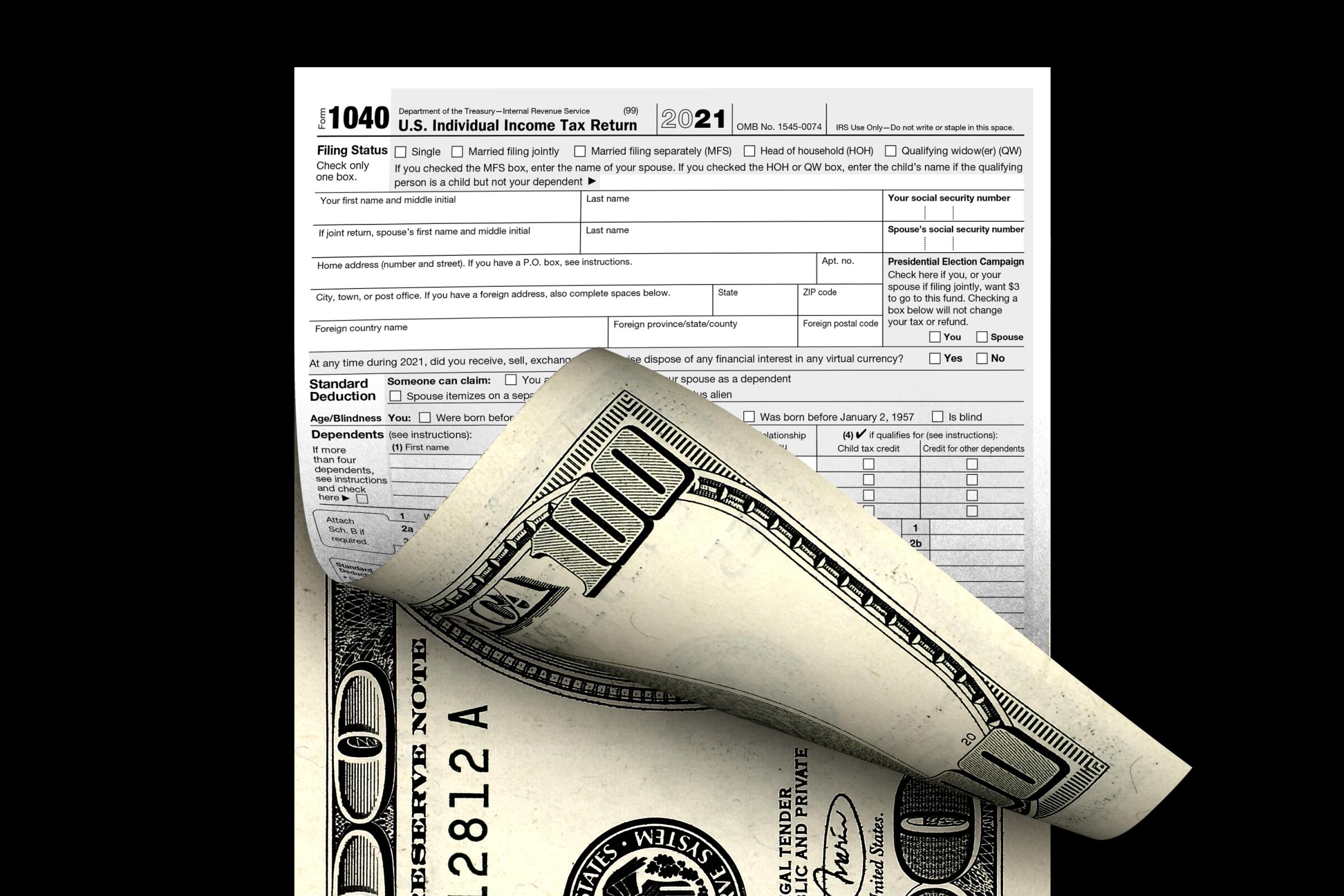GOP lawmakers and other anti-tax critics have claimed that the new funding means the IRS will more than double its force by adding 87,000 people.
Republicans have used inflammatory rhetoric to falsely claim the IRS plans to arm its auditors with weapons.
Sen. Ted Cruz (R-Texas) compared the new hires to a “shadow army” that will “hunt” taxpayers. Sen. Charles E. Grassley (R-Iowa) described a “strike force that goes in with AK-15s already loaded, ready to shoot some small-business person.”
The reality is, less than 3% of IRS employees carry firearms. But thanks to the GOP attacks, the agency announced it would need to bolster security to protect its workers amid a rise in threats against its offices.
As for the 87,000 number, that came from a 2021 Treasury report estimating how many full-time employees that $80 billion could pay for over 10 years.
Truth is, the IRS will have a hard enough time just to maintain its current staffing level.
The agency’s workforce is older than average for government workers; more than 50,000 employees are expected to retire in the next few years, said IRS Commissioner Charles Rettig. It won’t be easy to replace them, let alone expand its staff with top-notch investigators.
“When you’re looking at the rich and corporations, and you’re looking at opaque and complex structures, how much can be found will turn on the quality of the agents,” said Steven Rosenthal of the nonpartisan Tax Policy Center.
“The IRS will need to attract, train and retain very sophisticated help. And that’s hard,” he said, “because the IRS cannot compete with the finances of the private sector” in terms of pay.









